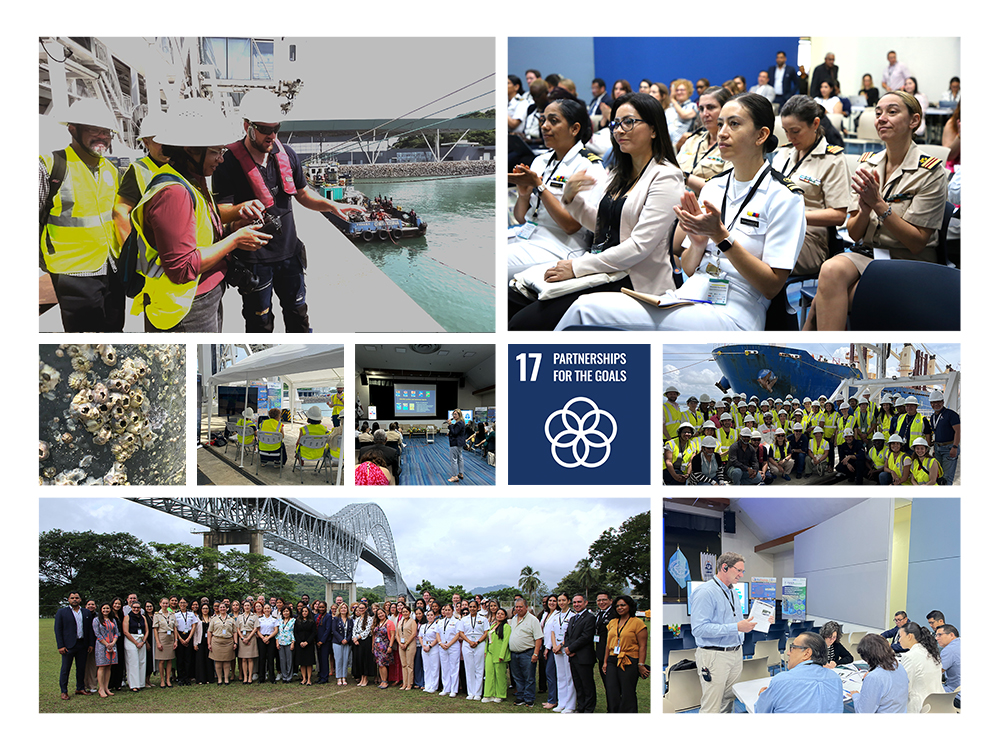
Biofouling management is crucial in combating the introduction of invasive aquatic species and reducing greenhouse gas emissions due to increased water resistance on ship hulls. Recognizing these challenges, countries in the Latin America and Caribbean region are actively working towards sustainable solutions.
From 8 to12 July 2024, Republic of Panama, as one of TEST Biofouling and GloFouling Partnerships project’s Partnering Country, hosted a series of events focused on biofouling management at the International Maritime University of Panama. These events were organized in collaboration with the Maritime Technology Cooperation Centres (MTCCs) of Latin America and the Caribbean and the Permanent Commission for the South Pacific (CPPS).
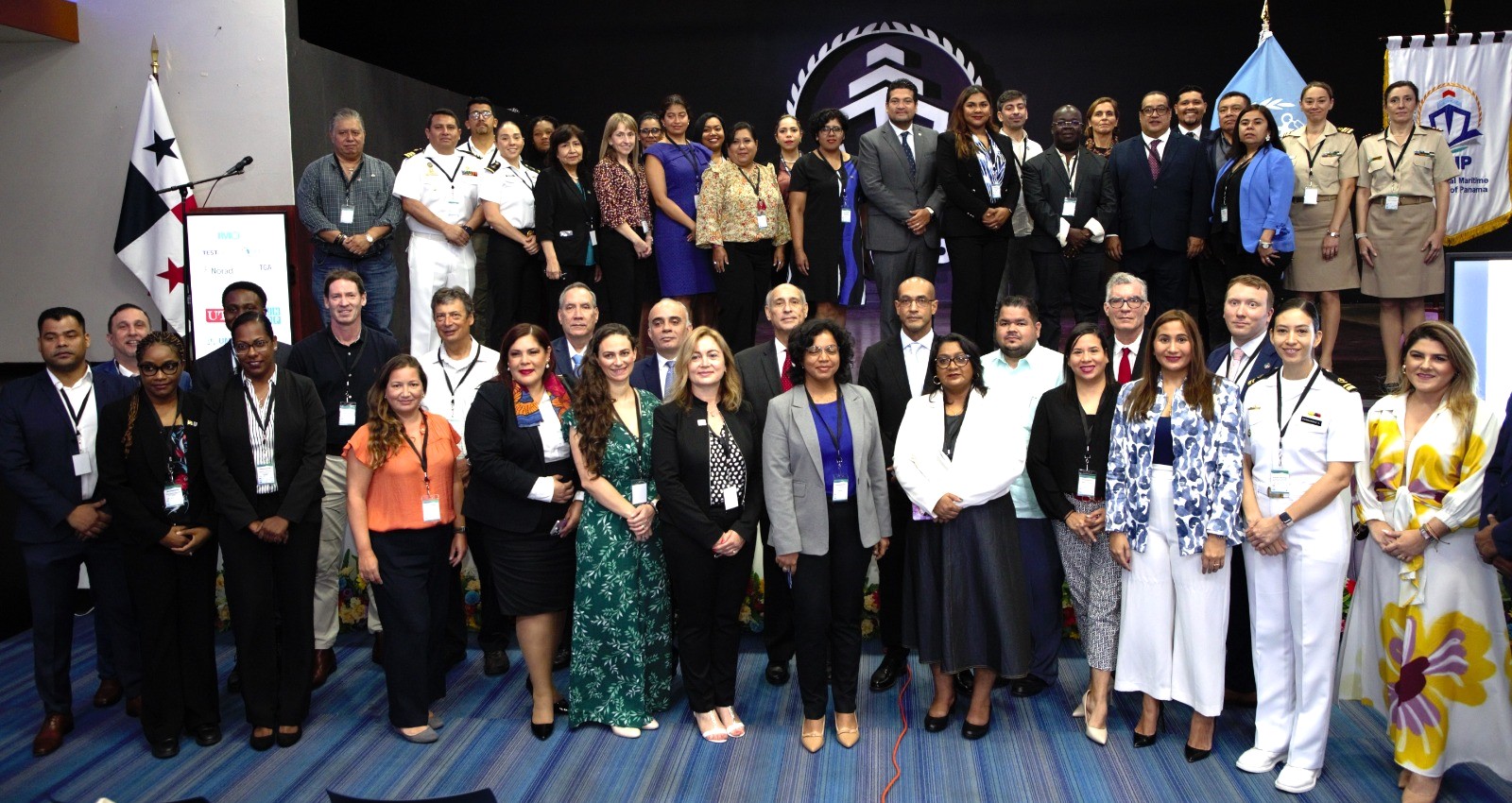
Comprehensive Training Course
The week commenced with a two-day training course (July 8-9) on biofouling risk assessment and inspection methodologies, developed by the TEST Biofouling project. The course led by experts like Ashley Coutts of Biofouling Solutions Pty Ltd, Lina Ceballos from the California State Lands Commission, and Gregory Ruiz from the Smithsonian Institution, provided the participants with knowledge on the following topics:
- Influences on biofouling accumulation and predictive measures for in-water inspection and in-wate cleaning;
- Effective planning and execution of in-water inspections;
- Best practices and challenges; and.
- Reporting requirements for in-water inspections.
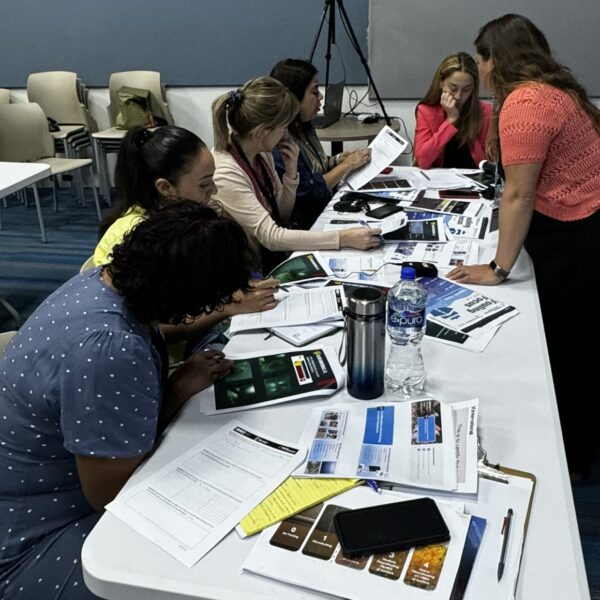
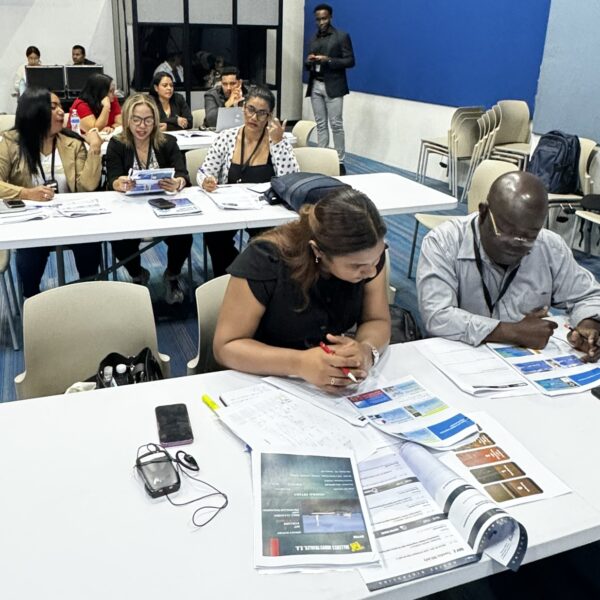
In-Water Cleaning Technology Demonstration
On July 10, participants witnessed an in-water cleaning technology demonstration at the Amador Cruise terminal in Panama. This hands-on experience, conducted by HullWiper Ltd (a Global Industry Alliance for Marine Biosafety member under the GloFouling Partnerships project) experts and Talleres Industriales operators, allowed over 100 attendees to understand the complexities of biofouling management. The demonstration included the deployment of technology, vessel attachment, and the use of adjustable high-pressure seawater jets to remove hull fouling.
HullWiper provided insights into the advanced software operating system which allows for remote operation and real-time monitoring of its in-water cleaning technology, ensuring precise and efficient hull cleaning. The system also features collision avoidance, optimal cleaning path calculation, and waste collection to prevent environmental contamination. Additionally, it provides detailed reporting and analytics, aiding in environmental monitoring and continuous improvement of biofouling management practices.
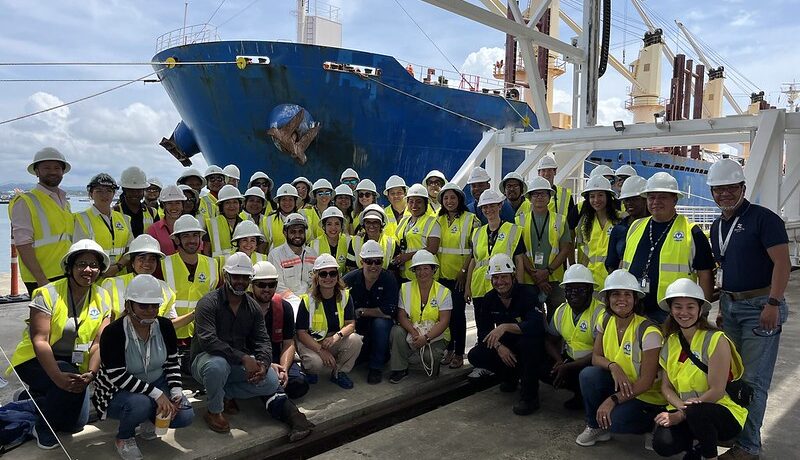
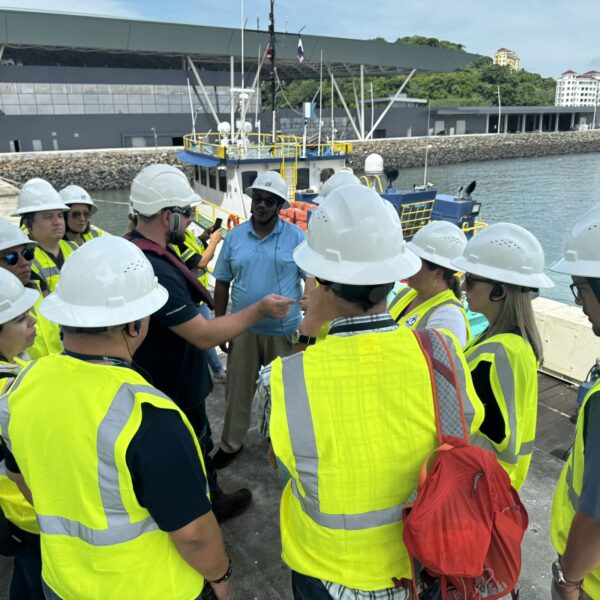
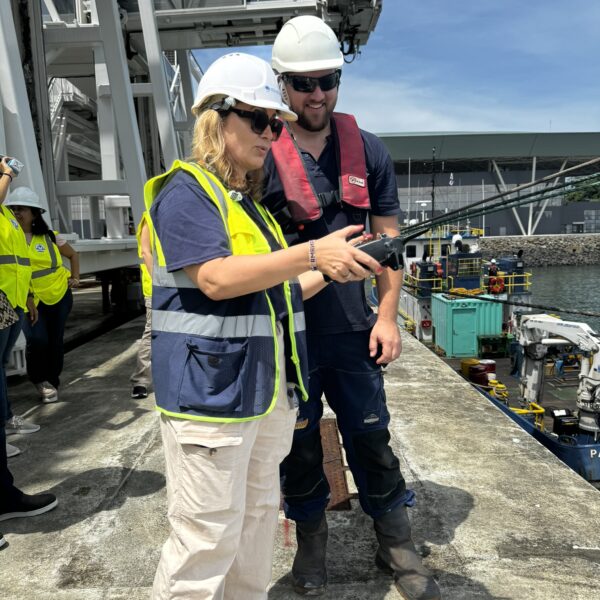
Women in Maritime Biofouling Workshop
To pay tribute and further support the contribution of women in the maritime sector, the International Maritime Organization (IMO) designated 18 May each year as the International Day for Women in Maritime. This year, the theme is “Safe Horizons: Women Shaping the Future of Maritime Safety”.
To celebrate and contribute to this year’s theme, the second half of the week was dedicated to the Latin American and Caribbean Women in Maritime – Biofouling Management Workshop (LACWIM-BMW) held from July 11-12. Co-financed by the Kingdom of Saudi Arabia and as a continuation of the success of the Arab Women in Maritime workshop held in Jeddah, in 2023 the workshop provided diverse presentations and panel discussions on gender-related programmes, IMO’s strategies for achieving gender equality, biofouling gender action plan’s implementation and its achievements, biofouling management regulations, women’s engagement in the biofouling private sector industry and many more.
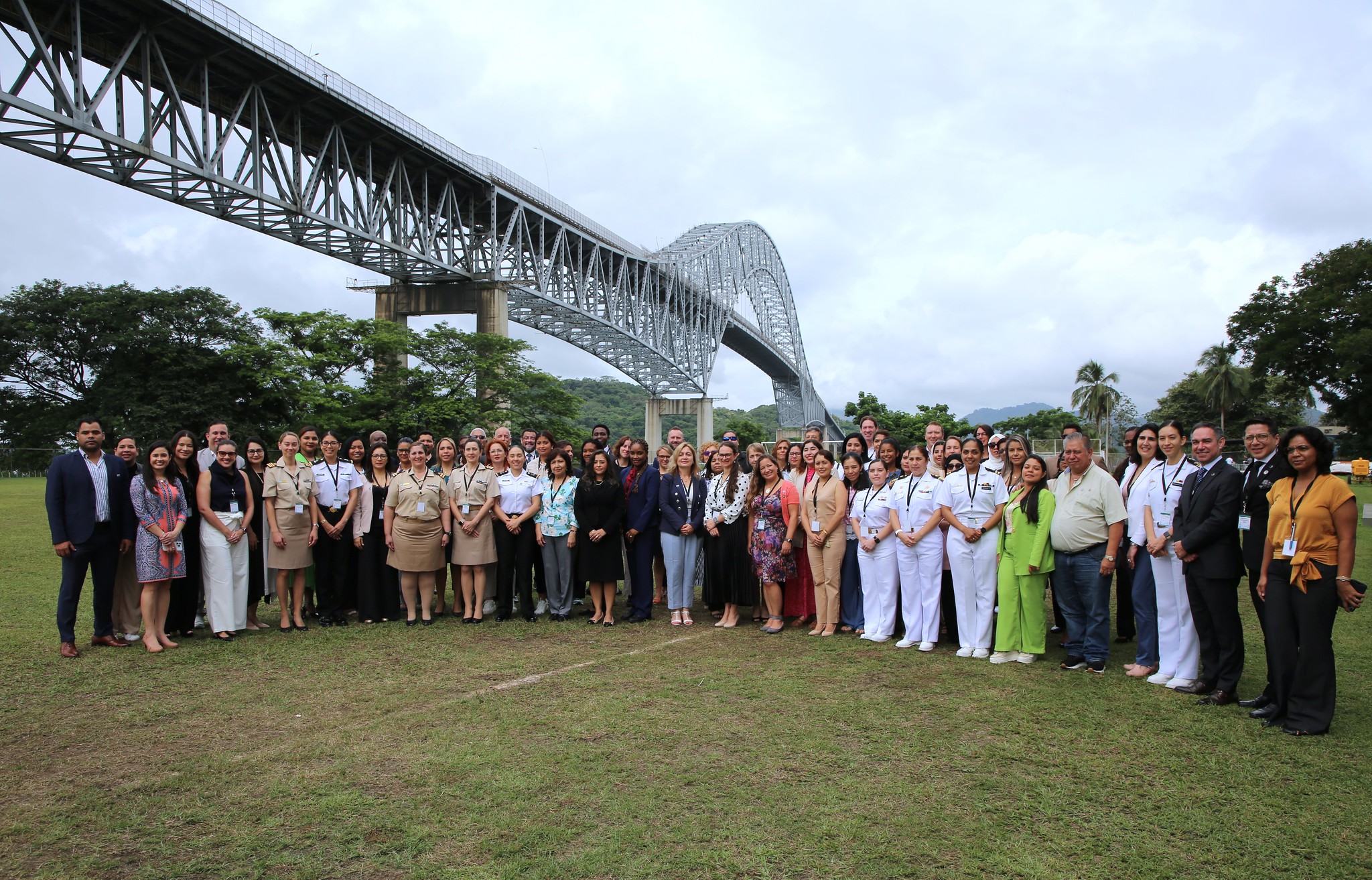
Moreover, participants actively participated in practical working group discussions aimed at empowering women leaders, sustaining their contributions in the maritime sector, and formulating actionable recommendations. The workshop brought together experts from various sectors, including project beneficiary countries of the region such as Argentina, Brazil, Chile, Ecuador, Jamaica, Madagascar, Mexico, Panama, Peru, and Suriname. Developed countries: Kingdom of Saudi Arabia and the USA. Conservation, academia, and research representatives from the Charles Darwin Foundation, Fiji National University, International Maritime Law Institute (IMLI), Smithsonian Environmental Research Centre (SERC), and World Maritime University (WMU). Industry representatives: AkzoNobel, Biofouling Solutions Pty Ltd, EcoSubsea, , HullWiper Ltd, MAERSK, and Maritime SheEO. Women’s associations: Red MAMLa, WiMAC (Jamaica and Suriname chapters), WISTA International, and WISTA Panama.
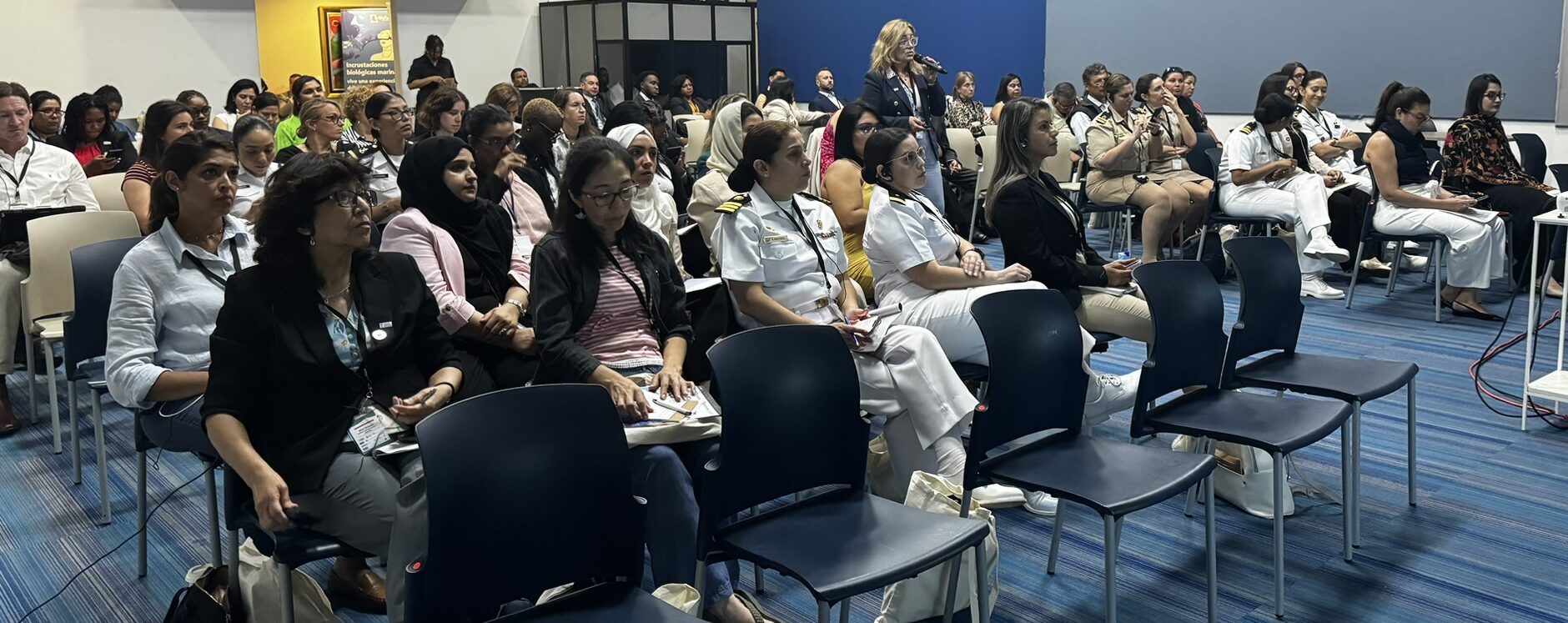
The week concluded with a visit to the Panama Canal, where participants observed operations and exchanged insights on biofouling management.
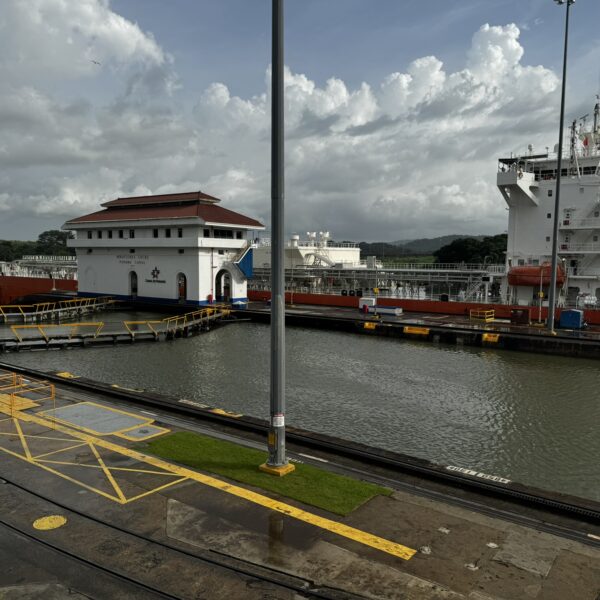
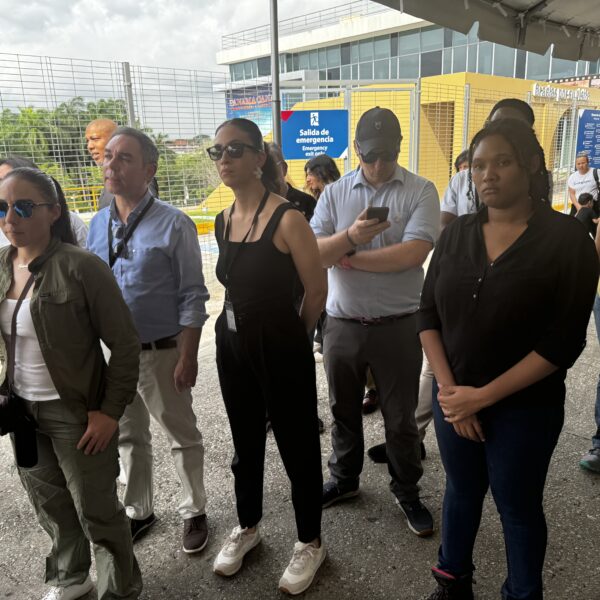
Conclusion and Recommendations
The workshops significantly enhanced participants’ understanding of the need for robust cooperation among stakeholders to sustain the biofouling industry and effectively manage the spread of invasive aquatic species (IAS). Key recommendations from the gender workshop emphasized the necessity for more leadership programmes and continuous professional development opportunities tailored for women. These initiatives aim to empower women in the maritime sector, promoting a diverse and skilled workforce committed to sustainable biofouling management.
For more details, check out the event program here, the official IMO photo album on Flickr, and the latest IMO news here.
